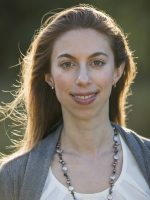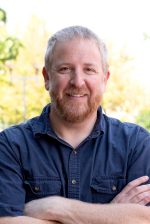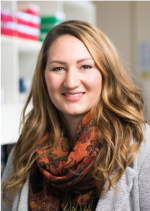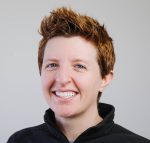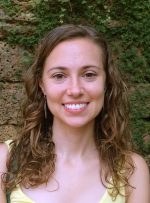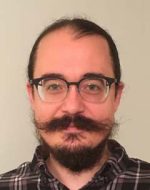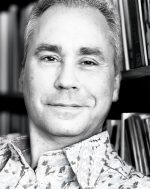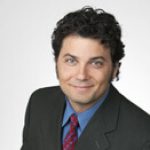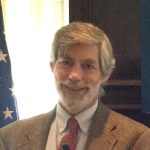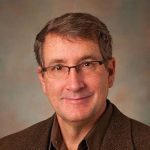“Piloting a genetics and genealogy summer program for at-risk minority youths 11 through 14 to promote interest in STEM fields and to improve health”
Funding provided by the Robert Wood Johnson Foundation
Principal Investigators: Nina Jablonski and Henry Louis Gates, Jr.
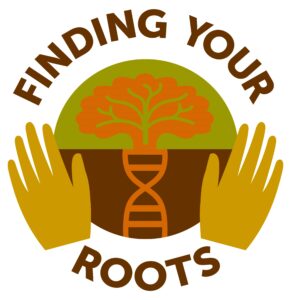
Our principle objective is to test the hypothesis that interest in STEM fields and a personal Culture of Health among underrepresented minority yo
uth can be promoted through informal educational interventions using a personalized “genetics and genealogy” approach. This hypothesis will be pilot-tested in two-week summer camps for middle-school-aged learners to be conducted at three sites in the eastern U.S. The
three major goals of our camps will be to: 1) provide an enjoyable and engaging introduction to science, with the goal of promoting interest in pursuing studies in STEM subjects in high school and beyond; 2) provide substantive learning in scientific methods that students take away, thereby improving their likelihood of high achievement in future STEM education; and 3) educate participants as to how their decisions affect and create a “culture of health” for them, their families, and their larger communities. Learners will explore, as young scientists, the question of “Who Am I?” This exploration will focus on genealogy, genetics, and recent human evolution, three related fields which will engage learners with a variety of different learning styles and skill sets. Campers will learn abstract concepts and concrete skills in the process of studying themselves.
One-of-a-kind summer camp offered at Penn State for the first time


